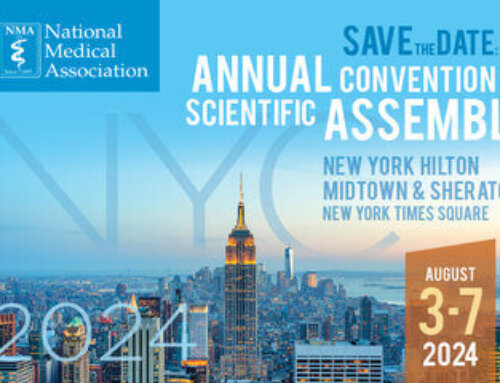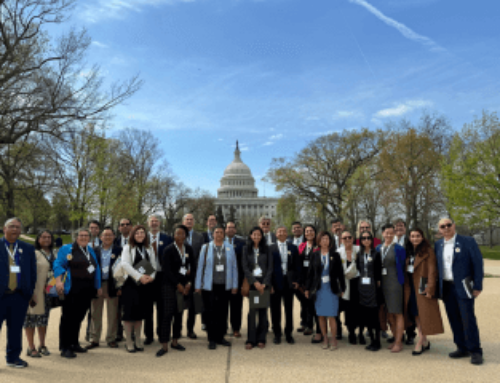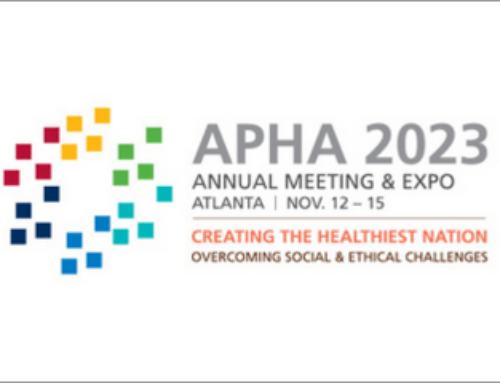On May 2, the Board of Medicine (Board) of the District of Columbia finalized its regulations for the practice of sleep technology. Previously, in March 2009, the District of Columbia City Council unanimously approved Bill 18-33, the “Practice of Polysomnography Amendment Act of 2009.” The bill establishes a scope of practice for sleep technology and establishes the licensure and registration requirements for a sleep technologist, technician and trainee in the District of Columbia. The Board, along with the newly created Advisory Committee on Polysomnography comprised of physicians and sleep technologists, was directed to develop the education and training standards for regulating the practice.
According to the new regulations, a sleep technologist will work under general supervision of a licensed physician and will earn a minimum of twenty (20) continuing education credits during the two (2) year period. To obtain a license as a sleep technologist, an applicant must submit:
- Certification, signed by a supervising technologist or a qualified medical doctor, that the individual has completed at least fifty (50) sleep studies in one (1) or more facilities that are provisionally or fully accredited by the AASM;
- Proof that the applicant has successfully passed the RPSGT exam or another nationally recognized examination, as approved by the Board;
- A completed criminal background check;
- Proof that the applicant holds current certification in CPR.
A sleep technician will work under the general supervision of either a licensed sleep technologist or licensed physician. Qualifications for registration as a sleep technician stipulate that the applicant has:
- Successfully completed a CAAHEP or A-STEP program;
- Passed the CPSGT Exam;
- A completed criminal background check;
- Proof that the applicant holds current certification in CPR.
A sleep trainee will work under the direct supervision of a licensed sleep technologist or physician. Qualifications for registration as a sleep trainee stipulate that the applicant has:
- Completed the A-STEP Introductory Course or is currently enrolled in a CAAHEP program;
- A completed criminal background check;
- Proof that the applicant holds current certification in CPR.
Questions about the regulations can be directed to the AASM Health Policy Department at 630-737-9700 or policy@aasm.org.








